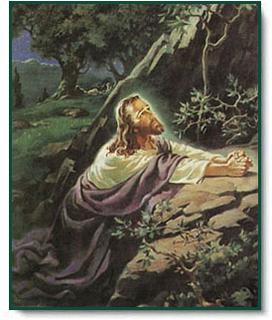 At present, I'm reading Henri Nouwen's The Wounded Healer. Though just a short book, I'm enjoying it and would heartily recommend it to any in the full time ministry as well as those who feel called to minister in any way.
At present, I'm reading Henri Nouwen's The Wounded Healer. Though just a short book, I'm enjoying it and would heartily recommend it to any in the full time ministry as well as those who feel called to minister in any way.So, in other words, every Christian.
In the second chapter, Nouwen talks about what he calls the "minister of the future." (Since the book was written in 1972, maybe we can consider these individuals the ministers of today.)
He says that a minister must be "the articulator of inner events." That the one ministering to others must be open to being a guide for those who are struggling with inner concerns, fears, and doubts. A person who "is willing to put his own faith and doubt, his own hope and despair, his own light and darkness at the disposal of others who want to find a way through their confusion and touch the solid core of life."
When we do so we are most honest and most able to minister.
That makes sense to me. I can spend all day talking theology with someone or explaining the Trinity, but if I'm never honest about my own journey and struggles...it is of no use.
The minister is called to be a guide. Most would agree to this. But to do so effectively, I think, they first must follow and trust God through the mountains and valleys. Only then might they have the experience and spiritual awareness to truly be of help to others.

Being a minister doesn't mean knowing a lot of things or preaching about five easy steps to happiness or building a megachurch.
It means helping people to see God at work. It means becoming an open window for others to see the work of God through your life. It means talking honestly about how life is tough and hard and that there is pain and doubt all around.
And through all of this, we can see somehow the gospel of a God in agony at Gethsemane...a God despised and rejected by the world He loved...a God dying painfully on a Cross. For us.
Through this one can start to process and experience life and faith and turn to God for healing.
Because there is so much to distract us from these truths, I think Nouwen is doing his best to correct the misunderstanding and misuse of the ministry as a means of getting people together, simple administration, or the management of events.
How we do this--how we press on in the face of surface level concerns--is of great import for him. If we indeed "have become unfamiliar with, and even somewhat afraid of, the deep and significant movements of the Spirit," what is there to do in response?
His answer:
"But how can we avoid this danger? I think by no other way than to enter ourselves first of all into the center of our existence and become familiar with the complexities of our inner lives. As soon as we feel at home in our own house, discover the dark corners as well as the light spots, the closed doors as well as the drafty rooms, our confusion will evaporate, our anxiety will diminish, and we will become capable of creative work."
No comments:
Post a Comment